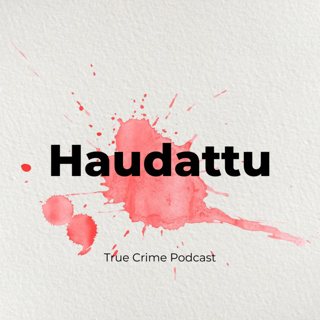
25. Is Twitter a Two-Way Street?
To get a lot of followers on Twitter, do you need to follow a lot of other Tweeps? And if not, why not?
9 Maalis 201126min

24. The Power of Poop
Since the beginning of civilization, we’ve thought that human waste was worthless and dangerous. What if we were wrong?
2 Maalis 201119min

23. Millionaires vs. Billionaires
Five things you don’t know about the NFL labor standoff
24 Helmi 201128min

22. Why Cities Rock
Could it be that cities are "our greatest invention" -- that, despite a reputation as black-soot-spewing engines of doom, they in fact make us richer, smarter, happier and (believe it!) greener?
17 Helmi 201116min

21. Bring on the Pain!
It's not about how much something hurts -- it's how you remember the pain. This week, lessons on pain from the New York City subway, the professional hockey rink, and a landmark study of colonoscopy patients. So have a listen; we promise, it won't hurt a bit.
9 Helmi 201125min

20. Waiter, There’s a Physicist in My Soup! (Part 2)
What do a computer hacker, an Indiana farm boy, and Napoleon Bonaparte have in common? The past, present, and future of food science.
2 Helmi 201126min

19. Waiter, There’s a Physicist in My Soup! (Part 1)
The "molecular gastronomy" movement -- which gets a bump in visibility next month with the publication of the mammoth cookbook "Modernist Cuisine" -- is all about bringing more science into the kitchen. In many ways, it's the opposite of the "slow food" movement. In this episode, you'll hear chieftains from the two camps square off: Alice Waters for the slow foodies and Nathan Myhrvold for the mad scientists. Bon appetit!
26 Tammi 201124min

18. Freakonomics FAQ, No. 1
Levitt and Dubner field questions from the public and hold forth on everything from dating strategies and rock-and-roll accordion music to whether different nations have different economic identities. Oh, and also: is it worthwhile to vote?
19 Tammi 201116min






















